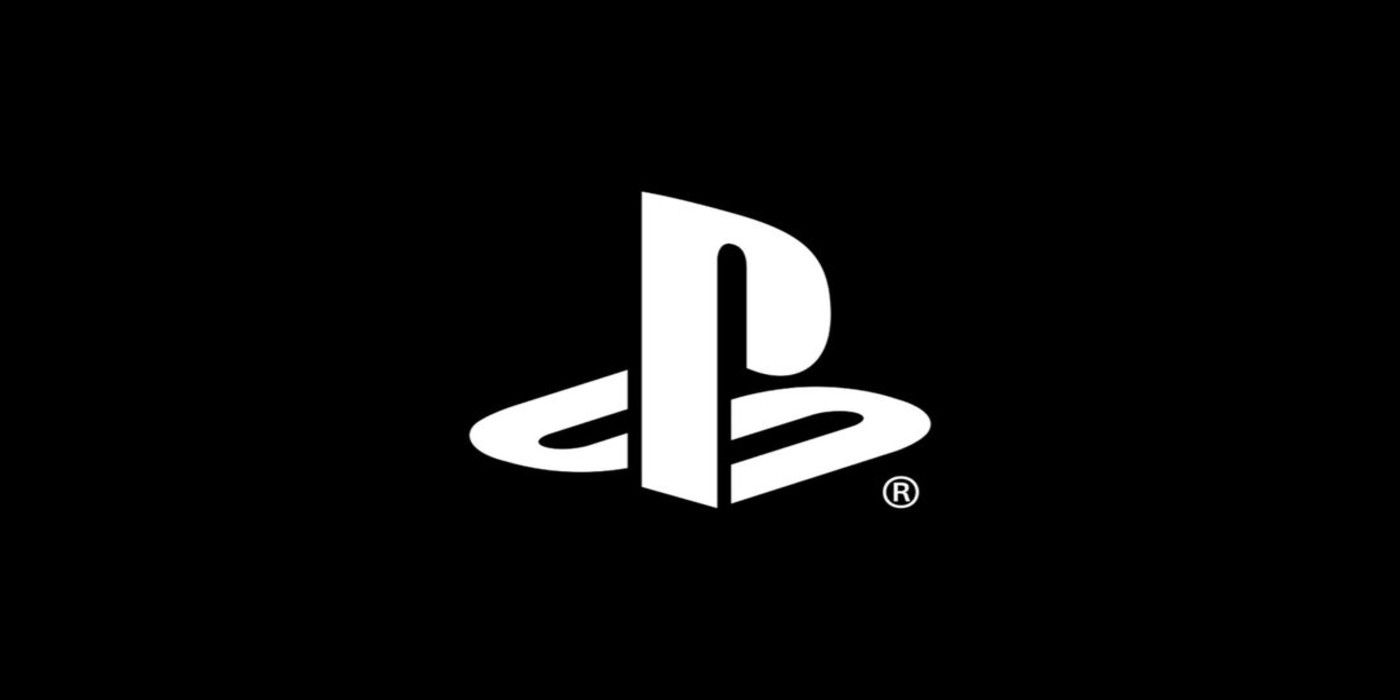
Video games might be a relatively newer medium when compared to movies and television, but the medium still calls for preservation in a similar manner. There is a multitude of reasons behind this, ranging from preserving a form of art, to even just for the sake of collectors and hobbyists.
It's true that video games and their systems might be prone to quickly dying out due to the nature of electronics, which makes it more important than ever for console manufacturers to put in more effort and do the needful for preserving their legacy. While no one is perfect in this regard, Sony's recent decisions regarding its legacy PlayStation consoles and video games are quite shocking.
RELATED: Why the PlayStation Store Shut Down Isn't As Bad As Previously Thought
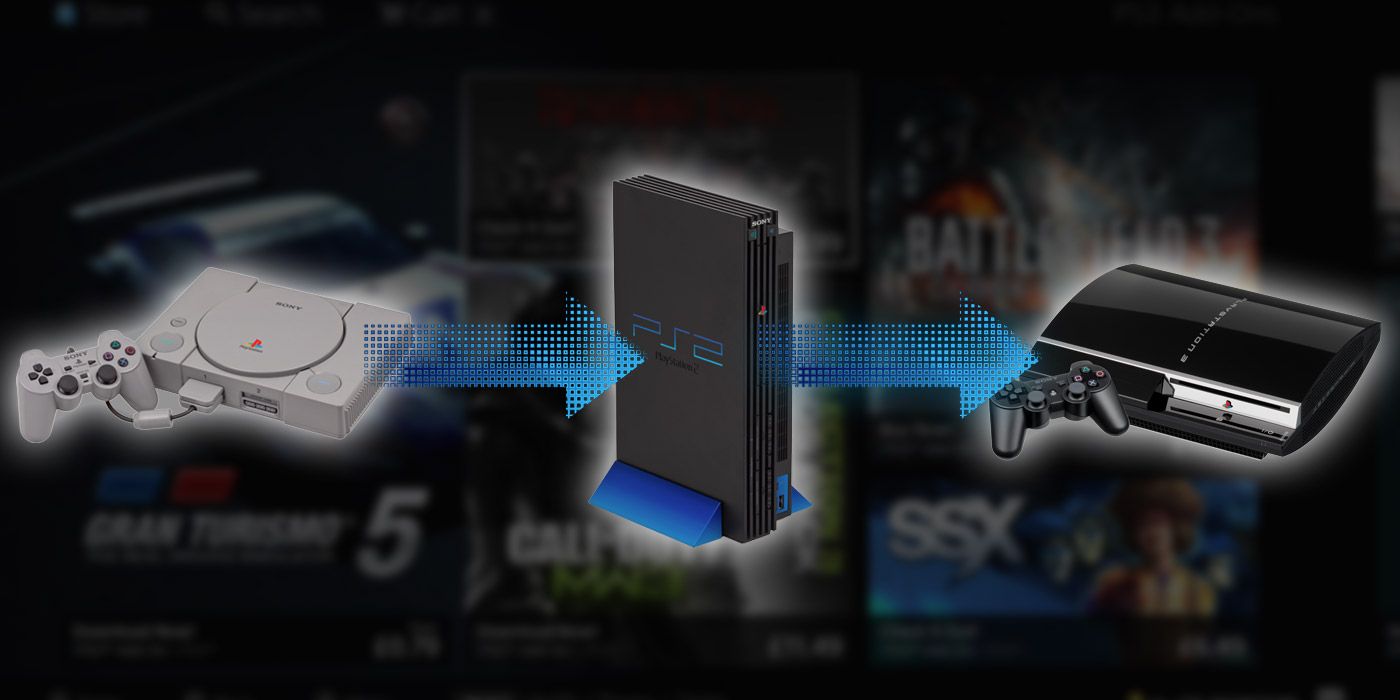
Backward compatibility might not sound important at first, but it certainly goes a long way in ensuring video game preservation efforts are made. For the uninitiated, backward compatibility simply refers to a console's ability to run the software, games in this case, of a previous generation machine.
Back in the day Sony pioneered backwards compatibility efforts, with the PS2 being backward compatible with almost all PS1 games, and the original PS3 having hardware accelerated backwards compatibility with PS2 and PS1 titles. However, the PS4 doesn't support such a thing, and players who wish to play older games would need to use PlayStation Now, which requires players to pay a subscription to play a smaller collection of legacy titles. In addition to this, not all games on PS Now can be downloaded; instead they are streamed over the cloud, which has its own set of issues for fans.
The PS5 fares a bit better in this regard, as it can natively run nearly all software for the PS4 without any problems. It's fine on its own, but falls short when compared to the obvious competition. The Xbox Series X can run most games, regardless of which generation of Xbox it belongs to, with the exception of Kinect titles. Allowing players to run these games directly off a disc is a huge advantage, increasing the value of a gamer's pre-owned catalog of games.
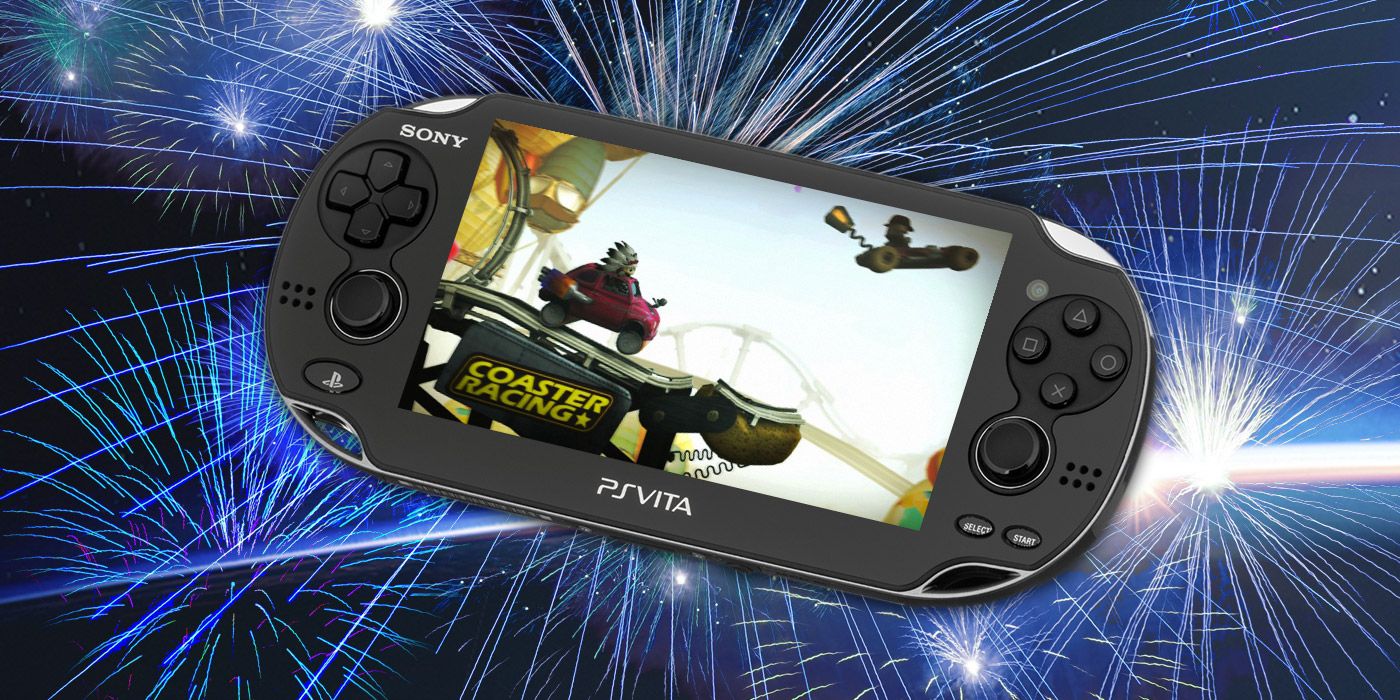
Another recent announcement that has caused further distress among fans is the shutting down of certain PlayStation stores. The Japanese gaming giant has revealed its plans to shut down the PlayStation Stores for PS3 and PSP on July 2, and PS Vita on August 27. It's true that many of these consoles, especially the PSP, have certainly grown old enough to warrant such a move.
That being said, Sony has confirmed this shutdown would only impact the functionality of purchasing new games, and already purchased games can be re-downloaded after the shutdown as well. This may be a sigh of relief for fans, but still doesn't rectify the overarching problems regarding the company's stance on video game preservation.
Many games for these systems, especially the PSP and PS Vita, are available only via these digital storefronts. The shutdown has turned this digital storefront into a bundle of limited-time collector's editions, which is disheartening. This move might inevitably shoot up the prices of such games and become quite a hassle to play in the future, without the use of emulators.
RELATED: April 30 Is A Big Day for Switch and PS5 Gamers
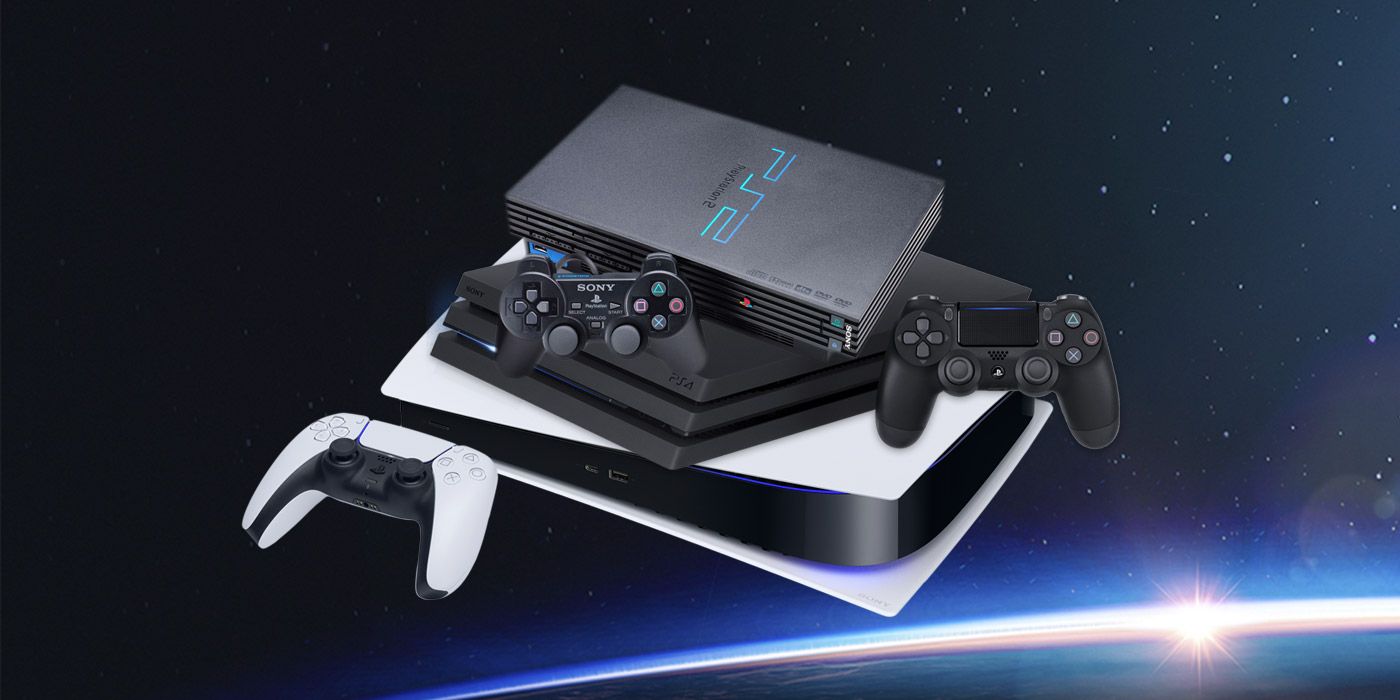
In addition to this, recent reports have indicated that technical problems on the PS3 and PS4 can kill their ability to play games at all. A hacker by the name of Lance McDonald has stated that PS4's internal clock, or the CMOS battery, would kill its ability to play any games. This is particularly shocking, as a component like a CMOS battery, is prone to failure over time. Replacing the component would require players to reactivate their PS4 consoles, which require an active connection to its servers. While there's no report of such servers shutting down anytime soon, it still poses a massive threat to the future legacy of the system.
The PS3 fares a bit better in this regard, as its clock battery death will only kill the console's ability to play digital games. But coupling that with the imminent store shutdown does pose a greater threat to the console's life and its legacy of games as well. Many have reached out to Sony for comments regarding these issues, but no feasible reply has been heard until now.
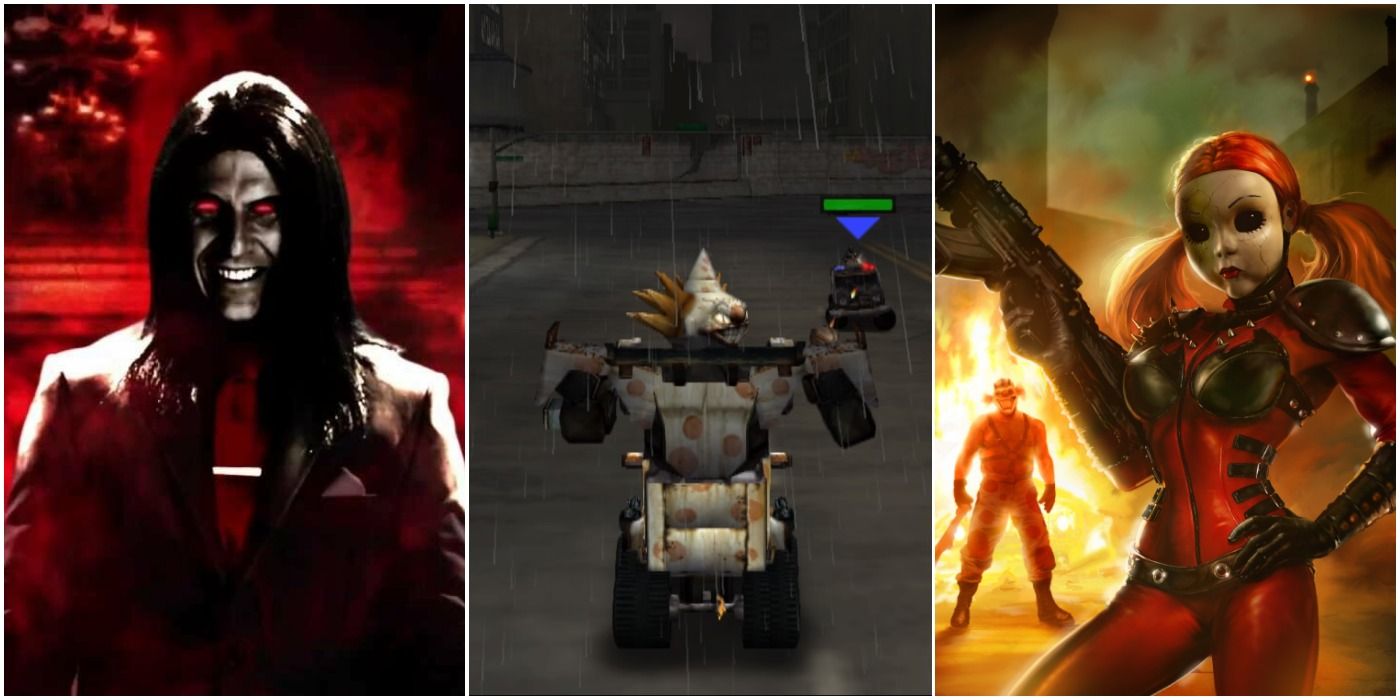
While it might sound nitpicky, Sony seems to have forgotten about many of its franchises that put the console on the map. Crash Bandicoot might still be around for some time now, but others like Twisted Metal and Tenchu have seemingly disappeared from existence. While it's not entirely the fault of Sony that many franchises went dormant, its shortcomings in acknowledging these titles remain a disappointing move nevertheless.
Twisted Metal's 25-year anniversary went uncelebrated, with the closest thing being the announcement of Destruction: AllStars. It may be great that Sony might be focused on the future than being preoccupied with the past, but it needs to step it up in the department of preserving its legacy both in terms of software and hardware.
MORE: All the PS1 Games That Will Be Unavailable After PS3, PSP, PS Vita Closures

